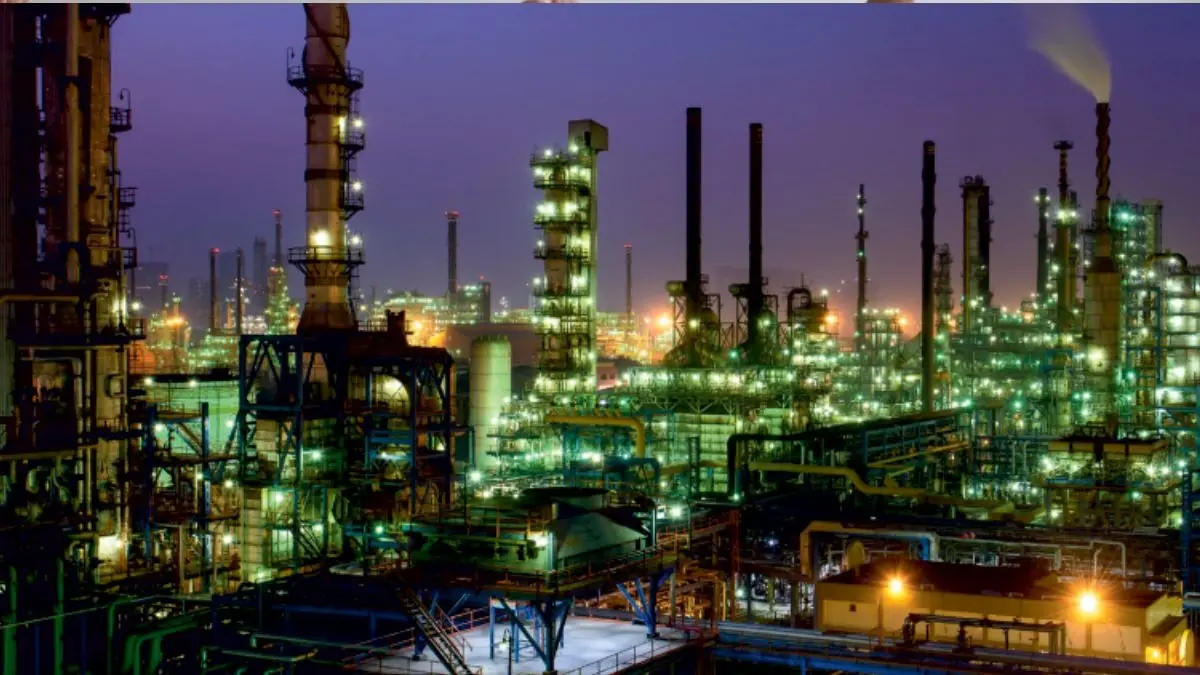Updated 23 June 2025 at 14:11 IST
Will Oil Hit $110 In 2025? Goldman Sachs Warns of Global Shock If Iran Blocks Hormuz
Goldman Sachs has warned that Brent crude could spike to $110 per barrel if oil shipments through the Strait of Hormuz are severely disrupted. Rising Middle East tensions, Iran’s potential closure of the vital waterway, and falling Iranian oil output could trigger global energy shocks, with gas prices also poised to climb.
- Republic Business
- 3 min read

Goldman Sachs has issued a stark warning about potential disruptions in global energy markets, highlighting the risks tied to escalating geopolitical tensions in the Middle East. In a note released on Sunday, the bank outlined scenarios in which a partial or full closure of the Strait of Hormuz—one of the world’s most critical oil chokepoints—could send oil and gas prices soaring.
Brent Crude Could Peak at $110 If Flows Halve
Goldman estimated that if oil flows through the Strait of Hormuz are reduced by 50% for a month and remain down by 10% over the next 11 months, Brent crude could briefly spike to $110 per barrel, before settling to an average of $95 per barrel in Q4 2025.
The Strait handles nearly a fifth of global oil shipments, making it a strategic lifeline for global energy supply.
Iran Threat and Prediction Markets Stir Concerns
Citing data from prediction market Polymarket, the bank noted that markets now price in a 52% probability of Iran closing the Strait in 2025, though it emphasized that liquidity on such platforms remains limited.
This comes after Iran's parliament reportedly backed the closure of the Strait in response to US bombing raids, with Iran’s Supreme National Security Council expected to make the final call, according to Iran's Press TV.
Oil Shock from Iranian Supply Drop
Goldman laid out further scenarios involving a disruption in Iranian oil supply. A six-month cut of 1.75 million barrels per day (bpd), followed by a gradual recovery, could drive Brent prices to $90 per barrel, before declining into the $60 range by 2026.
In a more severe scenario where Iranian output remains suppressed, Brent would still peak at $90 but then stabilize at $70–80 per barrel in 2026, as global inventories shrink and spare capacity drops.
Gas Prices Also at Risk in Europe
The crisis could also rattle European gas markets, the note warned. Goldman projected that the TTF gas benchmark could surge to 74 euros per megawatt-hour ($25/MMBtu). However, US natural gas prices are expected to remain relatively insulated due to strong export capacity and minimal reliance on LNG imports.
“Strong Incentives to Avoid Major Disruption”
Despite the grim forecasts, Goldman emphasised the role of diplomacy and global economic interest in containing the situation.
“While the events in the Middle East remain fluid, we think that the economic incentives, including for the US and China, to try to prevent a sustained and very large disruption of the Strait of Hormuz would be strong,” the bank noted.
Advertisement
Read More -Oil Shock Hits Share Market: Which Stock Fell & What Should Investors Do
As geopolitical uncertainty looms large, investors and governments alike are bracing for potential shocks that could redefine energy markets for months, if not years.
(With Inputs From Reuters)
Advertisement
Published By : Gunjan Rajput
Published On: 23 June 2025 at 14:11 IST
